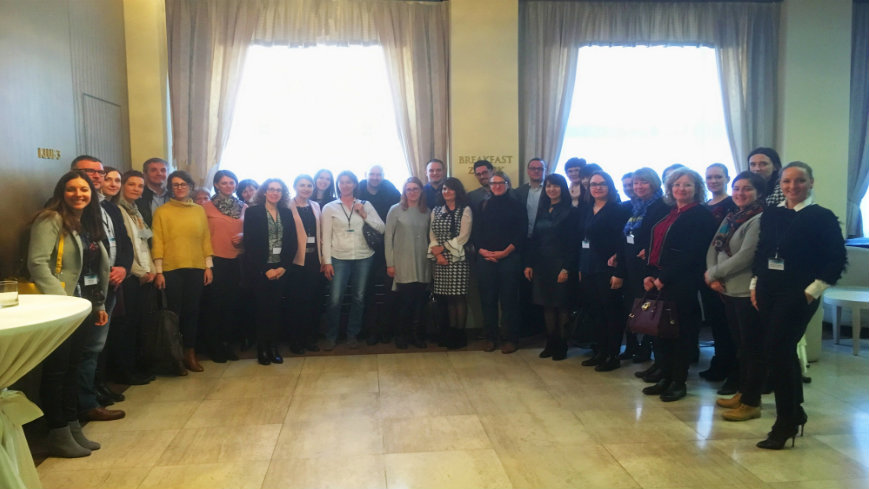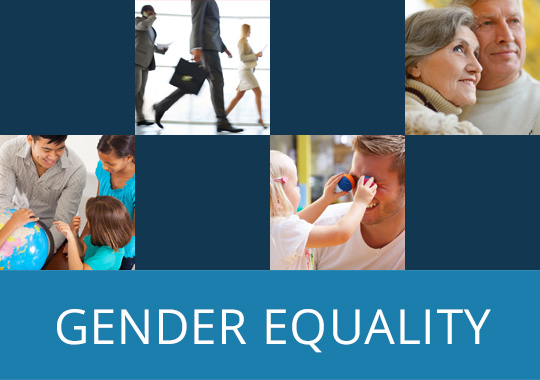The Council of Europe, in collaboration with the Slovenian Judicial Training Centre, launched the HELP course on Violence against Women and Domestic Violence in Ljubljana on 22 March 2018.
Nataša Skubic, Head of Continuous Training Department of the Judicial Training Centre, opened the event praising the HELP course as a practical tool to tackle the pressing topics of Violence against Women (VAW) and Domestic Violence (DV) in Slovenia.
The course was introduced by Marta Becerra, from the Council of Europe’s Equality Division, followed by a presentation of the Human Rights Education for Legal Professionals (HELP) Programme of the CoE.
The course was developed jointly between the Council of Europe’s Equality Division and the HELP Programme. It covers in an interactive way the key concepts, the international and European legal framework and the European case law governing the prevention and protection of women and girls from violence, focusing in particular on the Council of Europe Convention on Preventing and Combating Violence against Women and Domestic Violence (Istanbul Convention).
- The course consists of the following substantive modules:
- Understanding violence against women and domestic violence
- International and European Legal Framework
- Overcoming barriers / access to Justice
- Criminal Justice Response I – Investigation and pre-trial
- Criminal Justice Response II – Trial and sentencing
- Civil Justice Response
- Alternative Dispute Resolution
Katarina Bervar Sternad, national tutor of the course, presented the European standards, making emphasis on Istanbul Convention that entered into force in Slovenia in 2015.
Mirjam Kline, President of the Slovenian State Prosecutor’s Association and a prosecutor herself, illustrated her intervention on national legal developments with real cases, underlining the difficulty of breaking the cycle of violence in VAW/DV cases, the difficulties of continuing prosecution when victims withdraw their complaints and how to deal with children witnesses of violence. The boundaries of the law and restriction orders vs. reality and tragic consequences cannot be underestimated when dealing with VAW/DV victims.
More than 30 participants (around 20% men) from various backgrounds -judges, prosecutors and criminal investigators from the police- are expected to follow the course on line for some three months. The HELP course in Slovenian will be available in the HELP portal in August 2018.
In the meantime, the course in English can be accessed at the HELP online portal at this link.
For more information please download this course brief.





